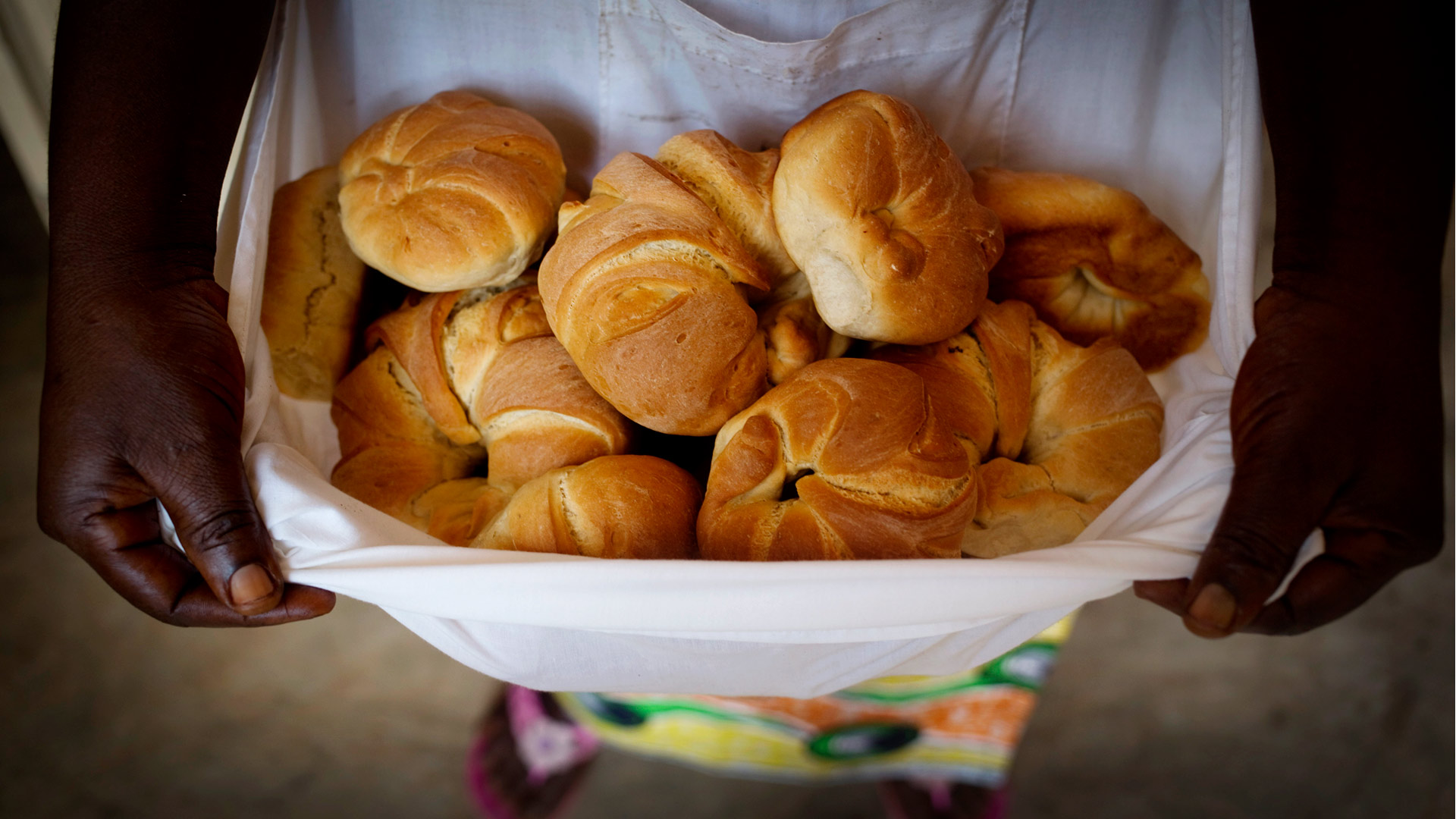Displaced Pakistanis homeless but not hopeless
Displaced Pakistanis homeless but not hopeless

PESHAWAR, Pakistan, December 29 (UNHCR) - Every job has its own occupational hazards, but for Hamid Gul*, working as a barber in the tribal areas of north-western Pakistan was simply too dangerous to continue.
"The militants in my village asked me and the other hairdressers to stop trimming beards or face the consequences," said the teenager from Bajaur Agency in north-western Pakistan. "They blew up all our shops and we were out of business. Then the fighting started and we had to flee."
Hamid is among tens of thousands of people displaced by fighting between government forces and militants in Pakistan's Federally Administered Tribal Areas (FATA) and around Swat in North-West Frontier Province (NWFP).
Working with the local authorities, the UN refugee agency has so far registered more than 40,000 internally displaced people (IDPs) in 10 camps and over 90,000 living in rented accommodation or with host families in NWFP. There is, as yet, no accurate count of displacement to other provinces in the country.
Hamid is now living in an IDP camp, one of three organised camps for displaced Pakistanis around Peshawar. He has resumed his work as a barber, and earns about $2 a day.
Like him, Najibullah* is working hard to rebuild his life after escaping from Bajaur in October. "I was having a good life in my village till everything turned upside down," said the 20-something grocery shop owner. "We had to flee on a few hours' notice. There was fighting between the militants and the army and we were caught in between. My shop was destroyed in the bombing. I am glad that we managed to get out of the area alive."
He and his family had to walk for hours before they could get a ride to reach Katcha Garhi organised camp, home to more than 12,000 IDPs. Upon registration, each family receives a UNHCR tent, blankets, jerry cans, kitchen sets, sleeping mats and plastic sheets.
Soon after his arrival, Najibullah opened a small stall selling fresh and dry fruit. "I am grateful to all organizations who are trying to help the homeless people of Bajaur. We are not used to living on assistance. I try to earn some money by selling fresh fruit and some roasted peanuts," he said as he tended to some young customers.
He manages to earn about $8 a week. "I know it is not enough but I am better off than many others," he added in remarkably high spirits despite being uprooted in his own country.
Najibullah knows Peshawar well, having studied in a religious school here for a few years. But for many IDPs like him, it will never feel like home.
"I really want to go back," said Hamid the barber. "I promise you that I will not even spend a single moment in the camp as soon as I find out there is no fighting in my village."
Gulazda, a 50-year-old cobbler in Peshawar, agreed: "My family was in my native village in Bajaur then fighting started and I had to bring them to Peshawar. Now I am living with them in this camp. I cannot afford to rent a house."
Despite the assistance provided in camps like Katcha Garhi, Gulzada's family is longing to return home to restart a normal life. "My wife and children have come to Peshawar for the first time. They miss the village. We are not used to living in the camps," he said.
There are many more in the camp to share their stories of anguish and hope. Under the UN response to the IDP situation in Pakistan, UNHCR is the lead agency for camp management, protection and emergency shelter. The agency is working with the authorities and partners to coordinate and manage IDP camps in NWFP, including registration and the provision of shelter, health care, education, water and sanitation facilities.
* Names changed for protection reasons
By Rabia Ali in Peshawar, Pakistan








